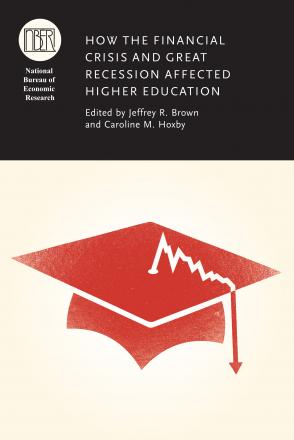Keynes, King's, and Endowment Asset Management

Founded in 1441, King's College was one of Cambridge University's wealthiest colleges, endowed with a vast agricultural portfolio. John Maynard Keynes was appointed bursar just after WWI and initiated a major reallocation to equities, an innovation at least as radical as the late 20th century commitment to illiquid assets by Harvard and Yale. Keynes initially pursued a market-timing approach to investment with mixed success and failed to anticipate the 1929 market crash. Thereafter, his switch to a patient buy-and-hold strategy allowed him to maintain his commitment to equities in the subsequent market slump, reflecting the natural advantages that accrue to long horizon investors. Keynes' innovations in endowment asset management, implemented over a dynamic period of capital market development and economic turbulence remain of great relevance to modern investors emerging from the Great Recession.
-
-
Copy CitationDavid Chambers, Elroy Dimson, and Justin Foo, How the Financial Crisis and Great Recession Affected Higher Education (University of Chicago Press, 2013), chap. 4, https://www.nber.org/books-and-chapters/how-financial-crisis-and-great-recession-affected-higher-education/keynes-kings-and-endowment-asset-management.Download Citation


